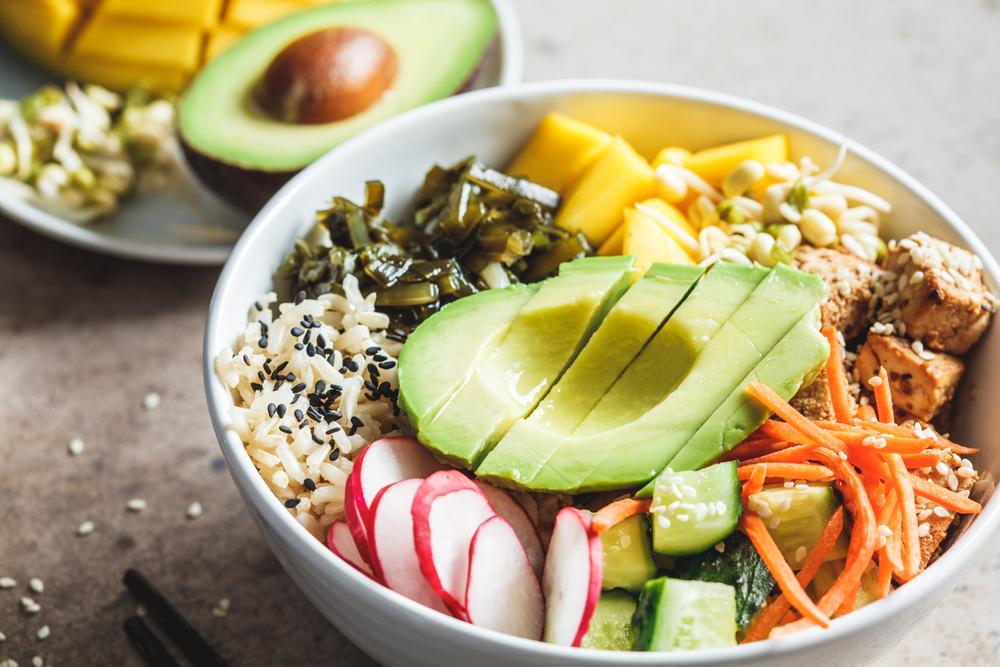Strength Training Meal Plan: Fuel Your Gains the Right Way
Whether you’re lifting to build muscle, tone your body, or boost your metabolism, what you eat is just as important as what you lift. A well-balanced strength training meal plan ensures your body has the fuel it needs to train hard, recover faster, and grow stronger.
In this guide, we’ll walk you through the basics of nutrition for strength training, a sample meal plan, and smart eating strategies to optimize your performance and results.
💪 Why Nutrition Matters in Strength Training
When you strength train, your muscles experience small tears. With proper recovery and nutrition, those tears heal and rebuild—stronger and bigger than before.
A good meal plan helps:
- Maximize strength and muscle gain
- Speed up recovery
- Reduce fatigue and risk of injury
- Keep energy levels steady
🥦 Key Nutrients for Strength Training
To get the best out of your training sessions, focus on these three essential macronutrients:
1. Protein – Muscle Repair & Growth
Protein is crucial for muscle recovery. Aim for 1.2–2.0 grams per kg of body weight daily depending on your intensity level.
Top protein sources:
- Chicken, turkey, lean beef
- Eggs and egg whites
- Greek yogurt, cottage cheese
- Tofu, tempeh, lentils
- Protein powders (whey, casein, plant-based)
2. Carbohydrates – Your Energy Source
Carbs are your main fuel. They replenish glycogen stores used during training and help prevent fatigue.
Best carb choices:
- Whole grains (brown rice, oats, quinoa)
- Sweet potatoes
- Fruits (bananas, berries, apples)
- Legumes
- Vegetables
3. Healthy Fats – Hormonal Support & Joint Health
Fats help with hormone production (like testosterone), which supports muscle growth.
Go-to healthy fats:
- Avocados
- Olive oil
- Nuts and seeds
- Fatty fish (salmon, mackerel)
- Nut butters
🥗 Sample Strength Training Meal Plan
Here’s a balanced day of eating for someone doing moderate to intense strength training (adjust portion sizes based on your personal calorie needs).
🔅 Breakfast
Oats with protein & fruit
- 1/2 cup rolled oats
- 1 scoop whey protein
- 1 tbsp peanut butter
- 1/2 banana, sliced
- Sprinkle of chia seeds
Benefits: Protein + carbs to kickstart muscle repair and energy for your workout.
🏋️♂️ Pre-Workout Snack (30–60 mins before training)
Greek yogurt + berries or rice cake with almond butter
Why: Provides quick-digesting carbs and light protein without weighing you down.
💥 Post-Workout Meal
Grilled chicken, quinoa & roasted veggies
- 1 chicken breast (grilled or baked)
- 1/2 cup cooked quinoa
- Steamed broccoli, bell peppers, and carrots
- Drizzle of olive oil
Purpose: Replenishes glycogen and kickstarts muscle recovery.
🌤 Afternoon Snack
Protein smoothie
- 1 scoop protein powder
- 1/2 cup frozen berries
- 1 cup almond milk
- Handful of spinach
- 1 tbsp flaxseed
🌙 Dinner
Salmon with sweet potato & green beans
- 1 salmon fillet
- 1 medium sweet potato
- Steamed green beans
- Lemon and herbs for flavor
🌛 Optional: Evening Snack (if hungry or bulking)
Cottage cheese with walnuts & cinnamon
- Slow-digesting protein to support overnight recovery.
🔄 Meal Timing Tips
- Pre-workout: Eat 1–2 hours before your workout
- Post-workout: Eat within 45–60 minutes for best recovery
- Spread protein throughout the day (20–40g per meal)
- Stay hydrated—muscle is 75% water!
❗ Common Mistakes to Avoid
- Skipping meals, especially post-workout
- Not eating enough protein
- Overdoing fat before workouts (can slow digestion)
- Relying too much on supplements
- Ignoring hydration
🧠 Final Thoughts: Eat Smart, Lift Strong
Your body isn’t just sculpted in the gym—it’s built in the kitchen. A structured strength training meal plan fuels your workouts, enhances recovery, and supports lean muscle gains.
The key? Be consistent, eat whole foods, and listen to your body.
📌 Want More?
- Best Protein Powders for Strength Training
- Meal Prep Tips for Busy Lifters
- Beginner’s Strength Training Guide




Leave a Reply